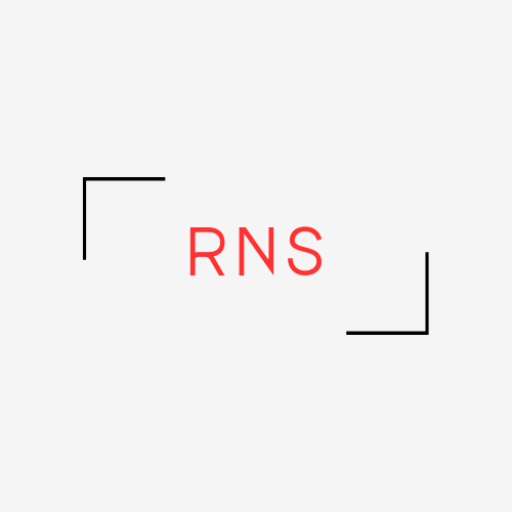Having a prior screening mammography available leads to breast cancers being found at an earlier stage, leading to lower mortality from the disease for older women, a study published April 15 in JAMA Network Open found.
Researchers led by Michaela Dinan, PhD, from the Yale School of Public Health in New Haven, CT found in their observational study that in older women, prior screening was tied to more favorable stage and mortality.
“Our cohort was limited to women aged 70 and older at the time of diagnosis, suggesting that screening in this older population, in which screening is not uniformly recommended, still has the potential to diagnose cancers earlier,” Dinan told AuntMinnie. “However, it also has the potential to over diagnose indolent cancers, something we were not able to examine in our study.”
Screening mammography boosts detection of breast cancers at more manageable stages that have better prognosis, leading to reduced mortality rates from the disease. Screening history prior to cancer diagnosis may affect disease staging and mortality, but the researchers noted that more data is needed in this area within a diverse cohort.
Some studies in recent years have challenged the benefits of annual screening mammography. Researchers from these studies have described that overdiagnosis from annual screening can lead to unnecessary tests and overtreatment and may cause emotional distress, scarring, and infections.
Dinan and colleagues evaluated whether having a prior screening leads to earlier disease staging and lower breast cancer-specific mortality.
The study used linked Surveillance, Epidemiology, and End Results (SEER) Medicare data of women ages 70 or older. The women were diagnosed with ER+ or HER2-negative breast cancer from 2010 to 2017 and enrolled in fee-for-service Medicare Parts A and B from five years prior to diagnosis to through one year after diagnosis.
Final analysis included 13,028 women. Of the total, 77.5% (n = 10,094 women) had at least one prior screening, 69.4% (n = 9,034 women) were aged between 70 and 79 years, and 88.1% (n = 11,475 women) were not dual-eligible for Medicare and Medicaid. Also, 29.3% (n = 3,812 women) were diagnosed with later-stage disease at the time of diagnosis.
On multivariable analysis, prior screening led to 54% lower odds of later-stage breast cancer diagnosis (adjusted odds ratio [aOR], 0.46) and a 36% lower hazard of breast cancer-specific death (adjusted hazard ratio [aHR], 0.63) compared with no prior screening.
Dinan said that “at least part of this association” may be driven by patient selection, since not all women choose to get mammograms after age 70.
The team also employed an adjusted Cox proportional hazards model. It found that having three or four prior screenings was tied to a 37% reduced hazard of breast cancer-specific mortality compared with having one prior screening (aHR, 0.63).
Dinan said the data suggests that routine screening may be effective at detecting breast cancer at earlier stages, even in women over age 70.
“However, future research, ideally at the population level, is needed to better understand the risks and benefits of routine screening mammography past age 70,” she told AuntMinnie.com.
Dinan said the team is examining other potential factors that might affect breast cancer screening detection, such as the use of more modern mammography technology.
The full study can be found here.

Leave a Reply